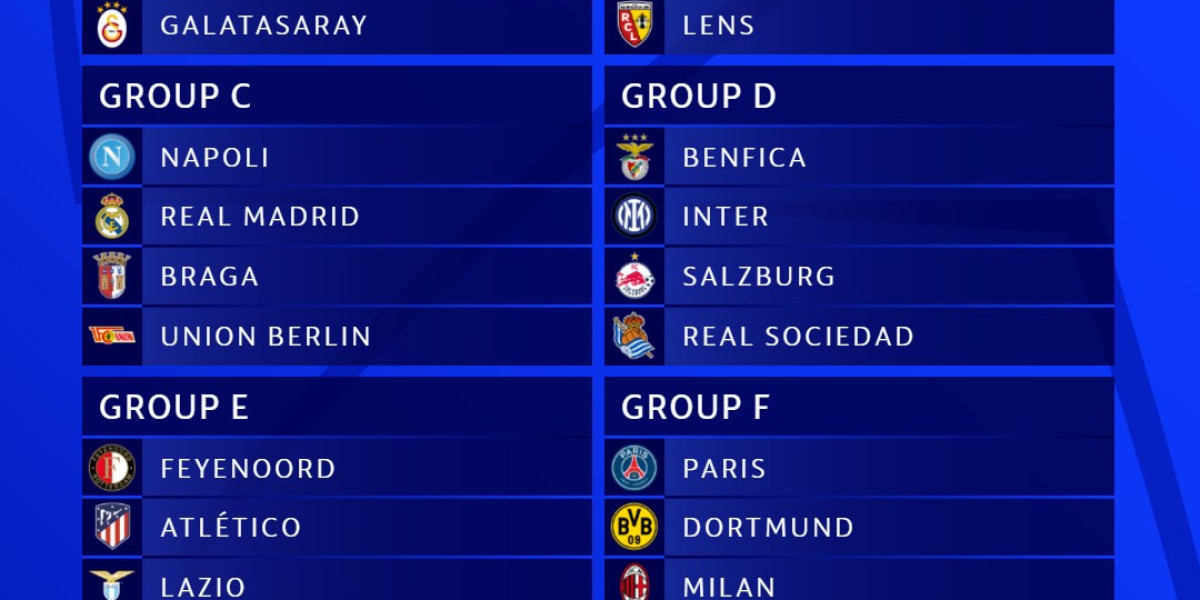Cabo Verde, formerly known as Cape Verde, has been in the spotlight for positive reasons, including their impressive performance in the African Cup of Nations (AFCON), where they reached the quarter-finals. The country's decision to change its name from Cape Verde to Cabo Verde in 2013 is a significant move towards establishing a unified global identity.
Key reasons and implications of the name change:
Unified Identity and Communication: The change from Cape Verde to Cabo Verde was initiated to address the challenges of frequent translations in diplomatic and tourism communications. The aim was to have a consistent global identity, using the name 'Cabo Verde' in all United Nations languages, except for the official long-form 'Republica de Cabo Verde'.
United States' Recognition: The United States acknowledged this change in December 2013, updating it in official databases and websites. Despite this, the transition to the new name may take time to become widespread globally, including in countries like Nigeria.
Cultural and Historical Significance: A country's name plays a vital role in its cultural, historical, and economic identity. By adopting 'Cabo Verde', the nation seeks to highlight its unique offerings, such as organic wines from volcanic soils, distinct from its historical associations.
Five Essential Aspects of Cabo Verde's History and Transition:
Colonial Roots: Initially uninhabited, the islands were colonized by Portugal in the mid-15th century. The city of Ribeira Grande (now Cidade Velha) became the oldest European city in the tropics, marking the start of Portuguese rule.
Triangular Trade Hub: Cabo Verde was central to the triangular trade, exchanging European goods for enslaved people, who were then traded for raw materials in the New World. This trade led to the islands' prosperity and the prominence of their pano cloths.
Historical Struggles: The decline of the slave trade and repeated droughts led to economic hardships. The capital moved from Ribeira Grande to Praia in 1770 due to these challenges and attacks on the city.
Independence Movement: The PAIGC was instrumental in the struggle for independence, leading to Cabo Verde's sovereignty on July 5, 1975, after a prolonged fight and negotiations with Portugal.
Global Recognition of Name Change: The name change in 2013 was a strategic move to create a consistent global identity. While officially recognized by the United States, the global adaptation of 'Cabo Verde' over 'Cape Verde' will be a gradual process.
Cabo Verde's efforts to redefine its image focus on showcasing its natural beauty, cultural richness, and hospitable nature, moving beyond its historical role related to the trans-Atlantic slave trade. The country's evolution and name change reflect its aspiration to be recognized for its unique identity on the global stage.













